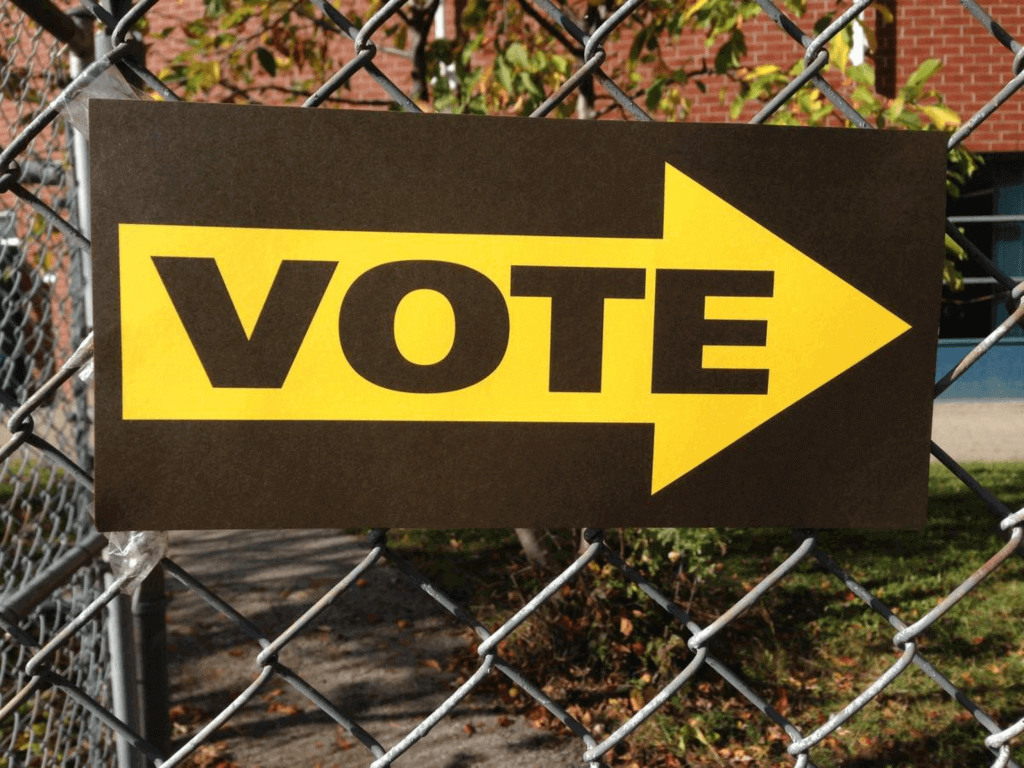Election Day
Election Day is observed next on Tuesday, November 3rd, 2026 (275 days from today).

Election Day in the United States is an event of paramount importance, representing the epitome of the nation's democratic values. It is a day set aside for citizens to participate in the electoral process by casting their votes to elect their government officials. Traditionally held on the Tuesday following the first Monday in November, it is a time when the populace exercises its power to influence the country’s future. This essay explores the significance of Election Day, its historical context, the mechanics of the electoral process, and the impact it has on the fabric of American society.
Historical Context of Election Day
The tradition of Election Day dates back to the early years of American democracy. The choice of a Tuesday in November took into consideration the agrarian society of the time. It allowed farmers to travel to polling places without interfering with the Sabbath or their market days, which were typically on Wednesdays. Over the years, the significance of Election Day has grown as the right to vote has been extended to all citizens over the age of 18, regardless of race, gender, or social status, epitomizing the expansion of democratic ideals.
The Mechanics of Election Day
Election Day logistics are a marvel of civic organization. In the months leading up to the event, an army of local officials, volunteers, and non-partisan organizations work tirelessly to ensure that polling places are accessible, ballots are prepared, and voter registrations are up to date. The process of voting can involve various methods, from lever machines to electronic voting systems, each with its own protocols to safeguard the integrity of the vote.
The Electoral Process and Voter Participation
The electoral process on Election Day is the culmination of campaign trails, debates, and public discourse. It's a complex system, particularly for presidential elections, involving the Electoral College, a mechanism that adds a layer of representational complexity to the act of voting. Voter participation is a critical measure of the health of the democracy, and much effort is devoted to encouraging turnout. The act of voting is not merely a personal right but a collective responsibility that underpins the representative nature of the government.
Election Day's Role in Policy and Change
The policies and changes that result from Election Day decisions have far-reaching implications. Elected officials hold the power to shape laws that affect healthcare, education, security, and the economy. Therefore, Election Day is not only a procedure but a powerful tool for the public to steer the country's course. It is a direct line to the legislative and executive branches of the government, a chance to voice approval or demand change.
Challenges and Controversies
Election Day is not without its challenges and controversies. Issues such as voter suppression, gerrymandering, and campaign finance raise questions about the fairness and equity of the electoral process. Each Election Day brings with it a reflection on these issues and often sparks debate on how to address them to ensure that the process remains transparent and just.
The Cultural Impact of Election Day
Beyond its political significance, Election Day has a cultural impact, fostering a sense of community and shared destiny. It is a day when differences are set aside in favor of the collective act of voting. Media coverage, political gatherings, and public events turn the day into a civic festival, a celebration of democracy in action.
Education and Awareness
Educational efforts ramp up around Election Day, with schools and civic organizations taking the opportunity to teach about the importance of voting and the issues at stake. These educational initiatives aim to create an informed electorate capable of making decisions that are in their best interest and that of the nation.
The Future of Election Day
As society evolves, so too does the nature of Election Day. Discussions about making it a national holiday, allowing for greater accessibility to the polls, or the potential for secure online voting point to a future where participating in elections may become easier and more inclusive.
Conclusion
Election Day is more than just a day to cast a vote; it is a reaffirmation of the democratic principles upon which the United States was founded. It is a day that calls upon the highest levels of civic engagement and reflects the collective will of the people. The act of voting is a powerful statement of participation in the democratic process, a demonstration of faith in the system, and a commitment to the future of the nation.
In crafting a comprehensive essay on Election Day, one could delve into each of these aspects, using historical examples, statistical data on voter turnout, and analysis of the impacts of electoral outcomes. Personal anecdotes or quotes from notable figures could add a human element to the narrative, while a discussion of current issues facing the electoral process could provide a critical edge. The conclusion would tie together the various threads, reinforcing the importance of every vote and every voice in shaping the nation's path forward.
Observed
Election Day has been observed the day after the first Monday in November.Dates
Tuesday, November 5th, 2024
Tuesday, November 4th, 2025
Tuesday, November 3rd, 2026
Tuesday, November 2nd, 2027
Tuesday, November 7th, 2028
Founded by
United States Congress on January 23rd, 1845


